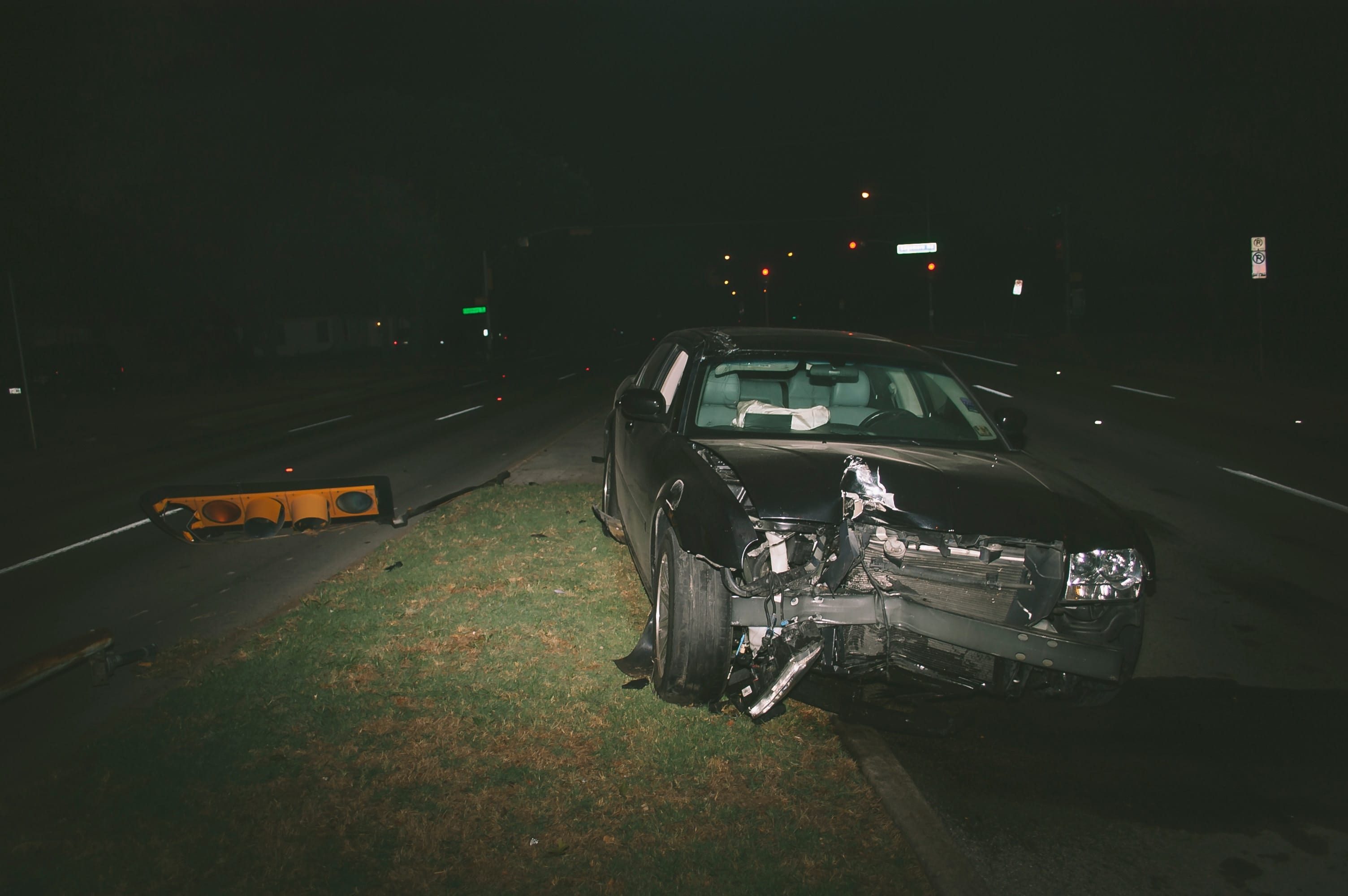If the driver’s insurance company refuses to pay for your injuries, you may need to file a suit against the motorist.
If you’ve been involved in an accident, you likely have many questions, especially if the accident caused some severe injuries. After obtaining medical attention and performing all other necessary actions at the scene of an auto accident, you may wonder, “Who do I sue?” Do you file suit against the motorist or the insurer?
Many injured drivers complain to the at-fault driver’s insurance provider and strike a deal. Regrettably, car accidents can result in lawsuits, especially if the insurance provider refuses to pay the amount you deserve.
Factors That Govern a Car Accident Case
Different factors, such as the laws in your state, the other motorist’s insurance coverage, and the driver’s insurance status determine who you should sue. If you suffer injuries from a car accident, you can choose the best course of action by based on the following:
- Liability for the crash
- Discussions with the insurance provider
- Severity of injuries and damage
Determining Liability
The initial step is to determine who is responsible for the car crash. An Augusta car accident lawyer can assist you in determining who was at fault and the amount of compensation you may receive after analyzing the accident.
Furthermore, you must also consider the state’s negligence law. State laws vary in how they impose fines based on each driver’s level of negligence.
States utilize either a modified, correlative, or contributory negligence structure. For example, if you reside in a state that uses contributory negligence, being even one percent responsible for the accident could prevent or reduce your compensation. Other states impose fines in proportion to the degree of negligence of each party.
Discussions with the Insurance Provider
Apart from determining fault under your state’s negligence rules, you’ll need to determine whether the other driver has sufficient insurance coverage to cover your damages if the insurance provider discloses this information.
Numerous states offer a no-fault insurance plan in which the insurance provider pays for medical expenses regardless of who caused the accident. Nonetheless, most no-fault states permit you to take legal action against the other driver for property damage, medical expenses, and lost wages.
Simply put, if you have filed a claim with the other motorist’s insurance company, tried to negotiate with them extensively, and they’re still not covering all your expenditures, you may need to file a suit against the other motorist.
Suing the Driver at Fault

If you have filed a claim for financial recovery with the insurance provider but have not received compensation, the next step is to sue the driver for negligence. You have the legal right to file a lawsuit against the at-fault motorist for the injuries sustained from the collision or worsening pre-existing health conditions.
Most states do not permit you to sue an insurance company unless it has acted dishonestly or intentionally refused to pay your legally mandated claim.
What if the Driver at Fault Does Not Have Insurance
You have two choices if the other driver does not have insurance coverage. First, you can try a personal lawsuit against the driver. Remember that drivers who lack insurance may have few assets from which to pay. Therefore, even if you prevail against them, you may not recover damages.
The second alternative is to file a claim with your insurance company if you have uninsured motorist coverage. Uninsured motorist perks cannot exceed your primary coverage, which is essential to keep in mind. For instance, if your coverage is $100,000, you may only receive up to $100,000 in uninsured benefits.
Get Legal Help
Being hurt in a car crash is dreadful, and dealing with insurance company evasion can exacerbate an already unpleasant situation. If the driver’s insurance company refuses to pay for your injuries, you may need to file a suit against the motorist. An excellent first step is to consult with an experienced auto accident attorney in your area.


Join the conversation!